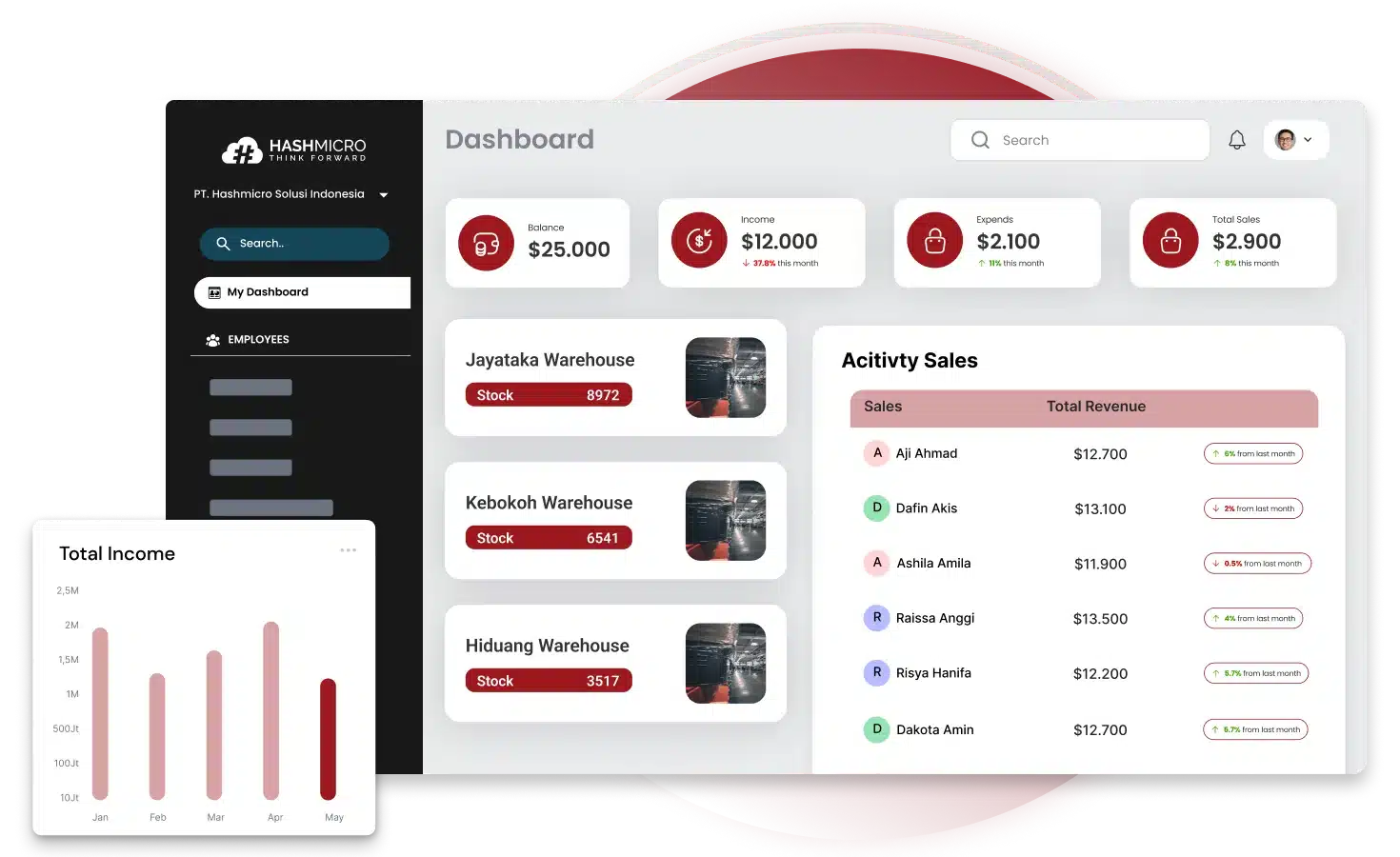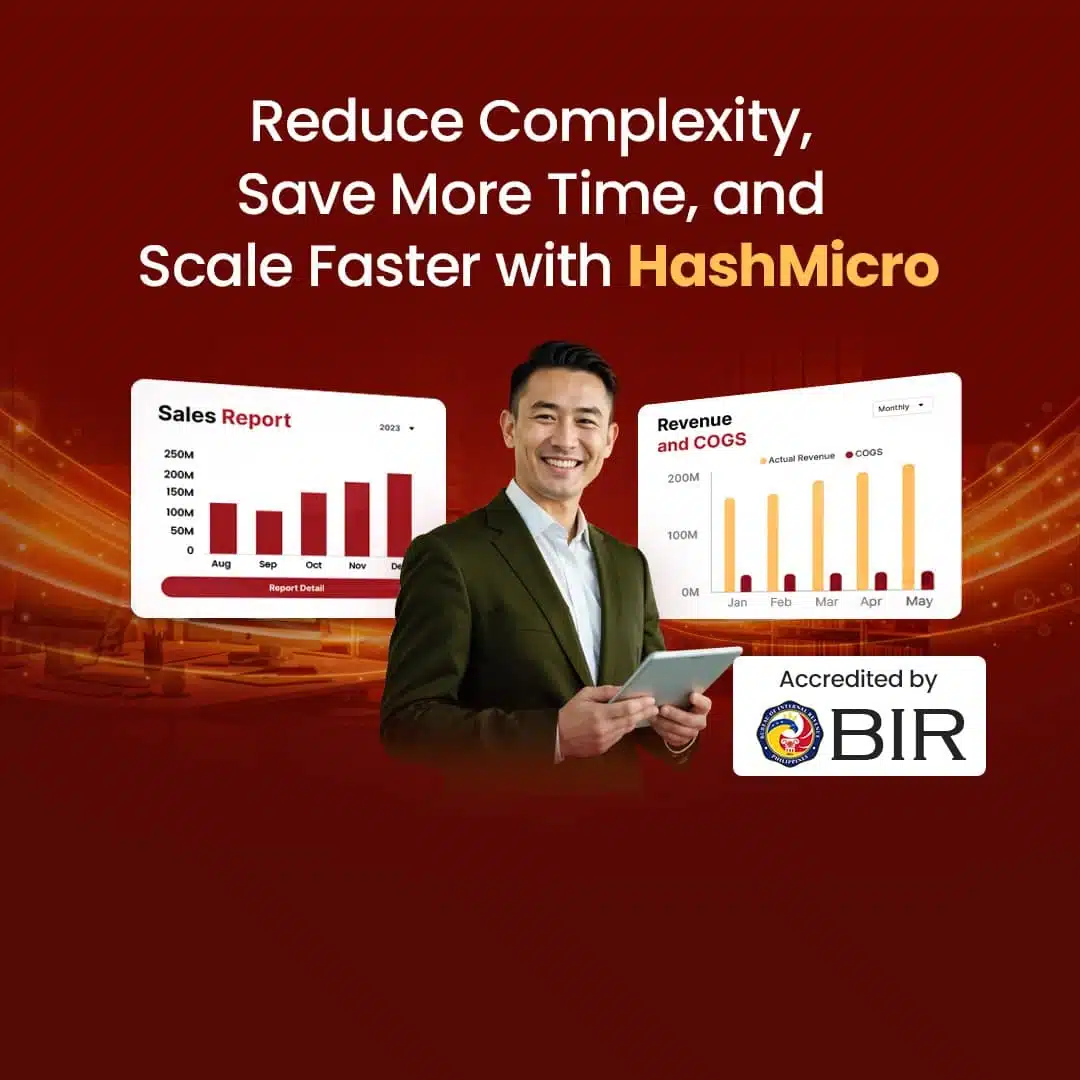In the ever-changing world of business technology, the debate between cloud ERP vs on premise ERP solutions remains a critical topic for companies in the Philippines. Cloud ERP offers flexibility and scalability, while On-Premise ERP provides greater control, customization, and enhanced security.
Both options bring unique advantages that cater to various business needs, making the choice crucial to streamline operations and foster growth. Therefore, should your business adopt the innovative and cost-effective Cloud ERP or stick with the trusted On-Premise ERP for its control and reliability?
This article will explore these two ERP solutions’ fundamental differences, advantages, and considerations. We aim to help you decide which ERP system can elevate your business operations in the Philippines. Let’s dive into the detailed comparison of cloud ERP vs on premise ERP and discover which solution suits your business.
Key Takeaways
|
Table of Contents
What is Cloud ERP?
Enterprise Resource Planning (ERP) refers to software systems that help businesses manage and integrate essential operations. One of the most popular forms is Cloud ERP, a Software-as-a-Service (SaaS) solution. This system is hosted centrally on vendor servers and accessed through an internet browser.
A cloud ERP system offers a range of advantages for companies in the Philippines, including scalability and flexibility. It supports remote work and team collaboration, making it a great solution for businesses with decentralized teams.
What is On-premise ERP?
On-premise ERP is a traditional software solution installed on physical servers within a company’s facilities. Unlike Cloud ERP, which the vendor hosts, On-premise ERP is managed and maintained by the company’s internal IT staff.
On-premise ERP system offer customization options that can be tailored to meet specific business needs. They also integrate seamlessly with other internal systems, making it a viable choice for businesses in the Philippines with stringent data security requirements or those needing a highly customized ERP solution.
The Pros and Cons of Cloud ERP vs On Premise ERP
 When selecting an ERP system, businesses in the Philippines must weigh the pros and cons of ERP on premise vs cloud. Each solution offers unique benefits that could significantly impact business operations.
When selecting an ERP system, businesses in the Philippines must weigh the pros and cons of ERP on premise vs cloud. Each solution offers unique benefits that could significantly impact business operations.
Cloud ERP:
- Advantages: Cloud ERP software provides unmatched accessibility, allowing users to access data and applications from anywhere. It also scales easily to accommodate business growth and requires no hardware investment. The vendor manages updates and security automatically.
- Disadvantages: However, Cloud ERP is entirely dependent on internet connectivity. Without a stable connection, businesses may experience disruptions in data access, hindering productivity, especially in areas with inconsistent internet access.
On-Premise ERP:
- Advantages: On-premise ERP allows businesses complete control over their data and systems. Since the software is hosted on local servers, companies can manage their security policies, control access, and handle updates at their own pace.
- Disadvantages: The initial investment for On-Premise ERP can be substantial. Companies must purchase servers, hardware, and software licenses upfront. Additionally, ongoing maintenance requires dedicated IT resources and future system upgrades may involve costly and time-consuming processes.
The Difference Between Cloud ERP vs On Premise ERP
Choosing between Cloud ERP vs on premise ERP depends on various factors, such as:
| Aspect | Cloud ERP | On-Premise ERP |
| Deployment | Hosted on vendor’s cloud servers, accessed via the internet | Installed on the company’s servers, managed internally |
| Accessibility | Accessible from anywhere with an internet connection | Accessible only within the company’s network or specific locations |
| Scalability | Easily scalable, can increase capacity without hardware changes | Limited scalability, requires hardware upgrades for expansion |
| Maintenance & Updates | Managed by the vendor, automatic updates | Managed by internal IT staff, manual updates |
| Cost | Subscription-based with lower upfront costs | High upfront costs for hardware and software |
| Security | Vendor-managed security, encryption, and compliance | Full control over security, customizable data protection |
| Internet Dependency | Requires a stable internet connection to function | Operates independently of internet, not reliant on connectivity |
| Customization | Limited customization based on vendor options | Highly customizable to meet specific business needs |
Which One Should You Choose? Cloud ERP vs On Premise ERP
Now that you understand the key differences between cloud vs on premise ERP, the next step is determining which solution fits your business in the Philippines. The choice largely depends on your business size, industry, and specific needs.
When is On-Premise the better choice than Cloud ERP: Large enterprises with strict data security or regulatory requirements may prefer It for its complete control over data and infrastructure. This is also a better choice for businesses with unstable internet connectivity, as the system operates independently of an internet connection.
When Cloud ERP is better than On-Premise: Cloud ERP is often the better choice for small and medium-sized businesses (SMBs) looking for cost-effective solutions. It offers flexibility, lower upfront costs, and eliminates the need for dedicated IT resources to manage hardware and updates. Cloud ERP is also an excellent fit for businesses that want to prioritise scalability and remote work capabilities.
The Best ERP for Your Business: Hash Core ERP
 With so many cloud ERP vendors and providers, how do you choose the best one? The most recommended cloud ERP in the Philippines is HashMicro. It is trusted by over 1,750 businesses and companies from various industries. It is a cloud-based ERP system that offers a comprehensive range of solutions.
With so many cloud ERP vendors and providers, how do you choose the best one? The most recommended cloud ERP in the Philippines is HashMicro. It is trusted by over 1,750 businesses and companies from various industries. It is a cloud-based ERP system that offers a comprehensive range of solutions.
The software allows for improved productivity and optimized business process operations. With a free demo and features like business process automation and easy access to data, users can make smarter decisions to grow their businesses. Some of its features are like:
- Built-in BI (Business Intelligence): Tools to transform and rotate data from different angles for more in-depth analysis.
- Bright transaction bookkeeping: Automatically records all expenses, costs, bank reconciliations, and sales transactions.
- Production cost control: Full control of production costs, starting from purchasing, production results, and component transfer from defective products.
- Mobile apps: The app is available on iOS and Google Play Store platforms, allowing easy access from various mobile devices.
- Sheet management: Efficiently manage, automate, and analyze spreadsheets or business documents in spreadsheet format while ensuring data security and module integration.
- Access-level: Features that manage and restrict employee access to various data and functions in the system based on roles and responsibilities.
Conclusion
Choosing between cloud and on-premise ERP requires careful consideration of your business’s needs, resources, and long-term goals. For many companies in the Philippines, Cloud ERP provides greater flexibility, scalability, and cost-effectiveness, making it a highly recommended solution.
If you’re looking for an advanced, all-in-one solution, HashMicro’s Hash Core ERP is an excellent choice. Trusted by businesses across various industries, it offers a free demo and comprehensive features that help improve productivity, streamline operations, and support business growth.

FAQ About Cloud ERP vs On Premise ERP
-
Why is cloud ERP better?
Cloud ERP systems bring greater flexibility, scalability, and accessibility than traditional on-premises solutions. They lower the need for internal IT resources, cut infrastructure costs, and provide real-time data and modern features tailored for mobile-first work settings.
-
Is cloud-based ERP safe?
Cloud-based ERP is safe, as it includes advanced security features like data encryption, multi-factor authentication, and regular updates. Service providers also maintain high-security data centers monitored 24/7, ensuring data protection against cyber threats.
-
Which are the three types of ERP?
The three types of ERP are on-premises, cloud-based, and hybrid. On-premises ERP is installed locally, offering full control but with higher costs and maintenance needs. Cloud-based ERP is hosted online, providing scalability, flexibility, and lower IT demands. Hybrid ERP combines both, giving businesses a balance of control and adaptability to suit specific requirements.
{
“@context”: “https://schema.org”,
“@type”: “FAQPage”,
“mainEntity”: [{
“@type”: “Question”,
“name”: “Why is cloud ERP better?”,
“acceptedAnswer”: {
“@type”: “Answer”,
“text”: “Cloud ERP systems bring greater flexibility, scalability, and accessibility than traditional on-premises solutions. They lower the need for internal IT resources, cut infrastructure costs, and provide real-time data and modern features tailored for mobile-first work settings.”
}
},{
“@type”: “Question”,
“name”: “Is cloud-based ERP safe?”,
“acceptedAnswer”: {
“@type”: “Answer”,
“text”: “Cloud-based ERP is safe, as it includes advanced security features like data encryption, multi-factor authentication, and regular updates. Service providers also maintain high-security data centers monitored 24/7, ensuring data protection against cyber threats.”
}
},{
“@type”: “Question”,
“name”: “Which are the three types of ERP?”,
“acceptedAnswer”: {
“@type”: “Answer”,
“text”: “The three types of ERP are on-premises, cloud-based, and hybrid. On-premises ERP is installed locally, offering full control but with higher costs and maintenance needs. Cloud-based ERP is hosted online, providing scalability, flexibility, and lower IT demands. Hybrid ERP combines both, giving businesses a balance of control and adaptability to suit specific requirements.”
}
}]
}




































